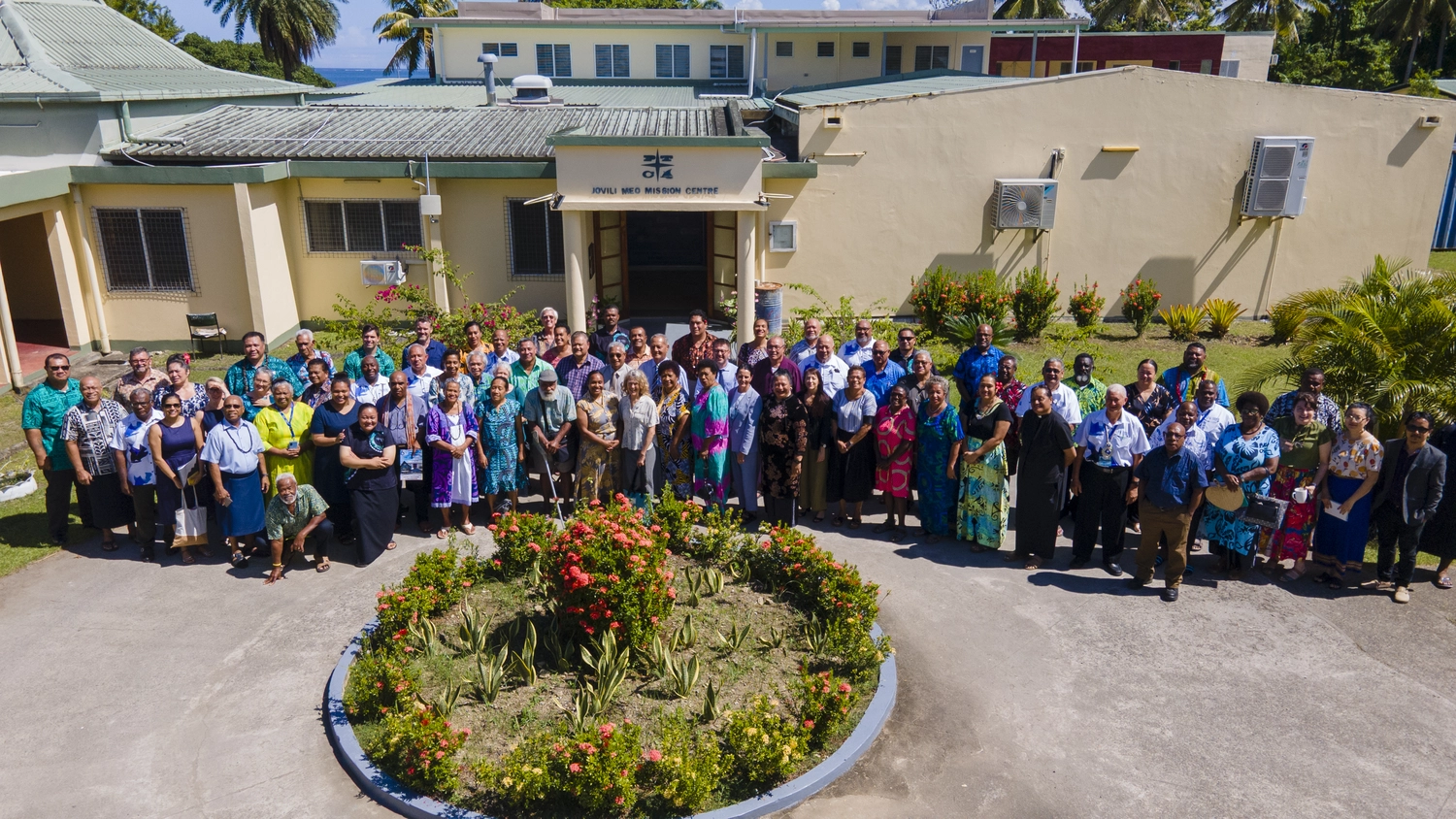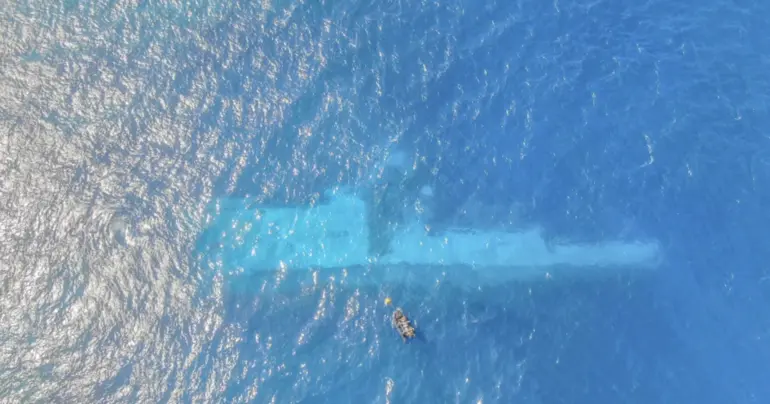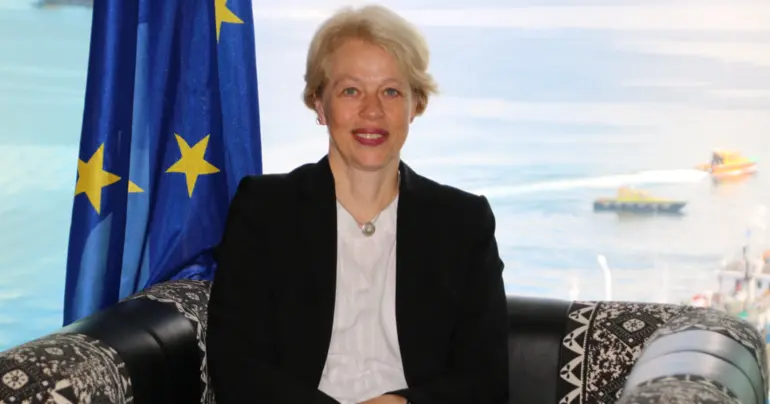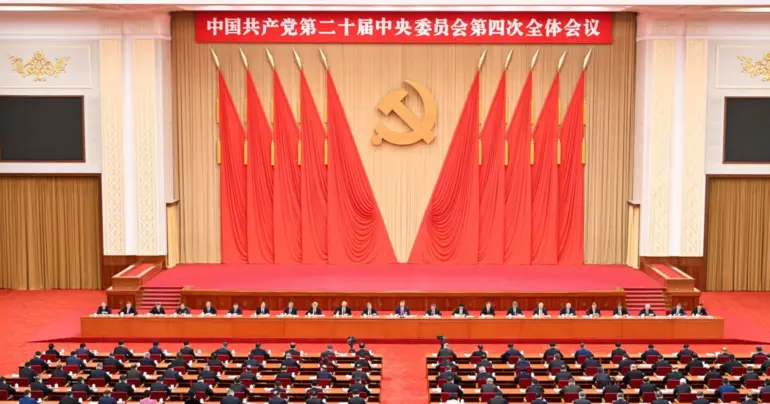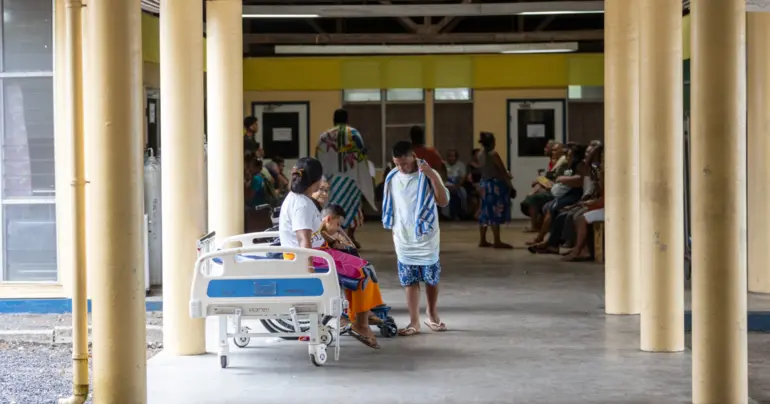Pasifika Communities University: A new dawn for Pacific education
A quiet revolution in education has been taking shape. What began six decades ago as the Pacific Theological College (PTC) — a small institution set up to train leaders for Pacific churches — has now evolved into Pasifika Communities University (PCU), a bold experiment in reimagining higher education for the Pacific and beyond.
Founded in 1961 and established in 1965, PTC was the first regional degree offering institution and the first regional ecumenical centre of the Pacific churches, and it played a vital role in shaping the leadership of island churches. But as the Pacific changed, so too did the needs of its communities. Today, PCU carries forward that legacy with a vision that goes far beyond theology: the Whole of Life Vision.
The Pacific Theological College was born out of a dream to train prophetic and transformative leaders in the Pacific itself. No longer would they have to travel to Europe or North America for training that often felt alien to their cultures. Instead, PTC offered theological education rooted in the richness of Oceania’s languages, traditions, and ways of knowing and being, yet also critical of these from the perspective of the Kingdom of God. That tension is important in training leaders with values who are equipped to critically articulate the multifaceted issues of context.
“PTC gave us the confidence that our stories, our traditions, and our wisdom had a place alongside theology,” recalls a former student. “It was about theology for Pacific people, by Pacific people.”
But over time, the challenges faced by the Pasifika Household of God began to stretch far beyond church walls. The fragmentation and compartmentalisation of land, ocean, sky, and peoples, to serve the neoliberal philosophy of growth. The exclusive and eliminative development narrative that focuses more on competition to serve the interests of the market and less on communities. The challenges of climate change, social inequality, and the struggle to preserve languages and traditions. And in particular, the erosion of our faith and spiritual values in the current development strategies demanded a transformative educational response.
These concerns gave birth to the Whole of Life Vision, a philosophy that reframes what education and development should look like to serve the Pasifika household. At the heart of PCU is the ‘Whole of Life’ Vision, an approach that shifts the focus of education from serving the market to serving the people, from being compartmentalised to being integrated, from being secular to being grounded in life-affirming values, ethics, and spiritualities, and from being a mere academia to being community-based. It is an education that nurtures the ‘entirety’ of a person, not just the mind.
Rev Professor Dr Upolu Lumā Vaai, Manu Folau (Vice Chancellor) of PCU, a son of Samoa and an ordained minister of the Methodist Church of Samoa, is the leading pioneer and regional voice in championing this ‘whole of life’ vision. In his speech during the launch of the PCU early this year, Professor Vaai put it more simply: “We do not see life in fragments. We see life as a whole. We don’t see time in fragments. We see time moving as a whole. And our education must reflect that.” He continues, “Education cannot just be about producing workers for the market, nor is it about competition and innovation to meet the development requirements set forth by donors”, he explains. “For us in the Pacific, education is about life itself — our multidimensional relationships and deep connections to land, to ocean, to family, and to the spiritual that forms the basis of responsible knowledge. It is nurturing leaders in their extended duty of care. It is about the flourishing of the whole community, not just the market.”
This vision has reshaped the way PCU operates and develops its academic offerings. The new academic programmes and courses offered by PC are designed alongside this ‘whole of life’ vision and around a communities-based learning approach. The three schools, the School of Ecology and Resilience Development (SERD) focuses more on an alternative development narrative that is communities-based, the School of Pasifika Philosophies, Education and Sciences (SPPES) focuses on the grounding of development in Pasifika values and spiritualities, and the School of Theology and Ecumenism (SOTE) continues the legacy that Pacific Theological College had in the past, training prophetic and ecumenical leaders for the Church.
In a world where universities are often driven by rankings, competition, and market forces, PCU is deliberately swimming against the tide. Its mission is not to climb global league tables but to serve the needs of its people by taking education back to the communities where it all began.
“Most universities are judged by their research output or their prestige,” Professor Vaai notes. “But our measure of success is whether our communities are stronger, whether our cultures survive, whether our people thrive.”
This makes PCU a very different kind of university. It is:
- Communities-based: Toloa (students) are encouraged to work directly with villages, churches, and NGOs, to learn communities knowledge, their ethics of research, ensuring that what they learn benefits communities.
- Values-driven: Pasifika values that reflect respect, compassion, slowing down, restraint, interconnectedness, sharing, and regenerative economy, are embedded in the curriculum.
- Holistic: Knowledge is not compartmentalised into separate silos or departments. Instead, PCU emphasizes interconnectedness, an integrated system mirroring how Pacific people see the world as fluid with potential tensions and contradictions informing one another.
This integrated approach sets PCU apart not just from its theological college past, but also from mainstream universities. It does not remove and repeat anything that other universities are offering. PCU is not just simply a place of learning — it is a community of life and embodied knowledge.
As the climate crisis intensifies, Pasifika voices are increasingly at the forefront of global conversations about resilience and sustainability. PCU’s model of education offers something unique to this debate.
“The Pacific has always known that you cannot separate the land from the ocean, the spiritual from the material, the individual from the community,” says Professor Vaai. “Now, the world is beginning to see that too. Our Whole of Life Vision is not just for us. It is a gift we can offer the world.”
For Toloa, this gift is already life-changing. Alumni of PCU are executives, directors, pastors, educators, community leaders, educators, and activists across the region, carrying with them the values and vision that the university instils.
The transition from Pacific Theological College to Pasifika Communities University has not been easy. It has meant rethinking structures, curricula, and even identity. But the payoff is a university that reflects the heartbeat of its people.
PCU is more than just an institution of higher learning. It is a living experiment in what education can look like when it is truly grounded in culture, community, and faith.
As Professor Vaai puts it, “We are not trying to copy anyone else’s model of education. We are building something unique, something different. A university that is truly Pasifika — and truly for the ‘whole of life’.”
The story of Pasifika Communities University is one of continuity and change. From its roots in the Pacific Theological College to its transformation into a university with a ‘Whole of Life’ Vision, it shows how education can be both deeply traditional and radically new.
In the Pacific, where the ocean connects islands and cultures, PCU is charting a new course — not just for theology, not just for academia, but for life itself.
And as its leaders often remind us, this is only the beginning.




